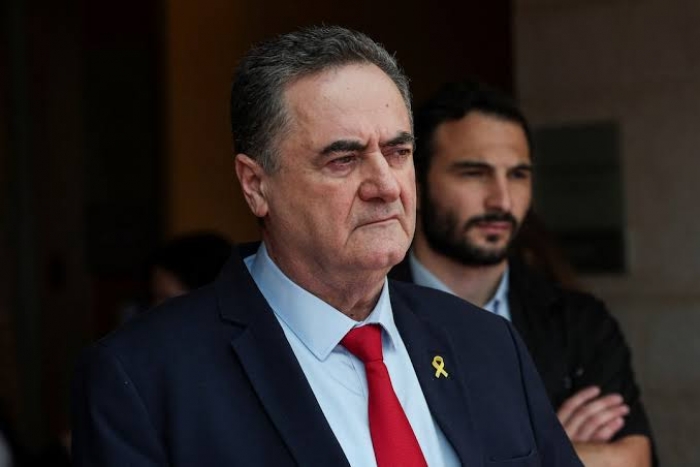Israeli defense minister claims responsibility for first time for Hamas leader Haniyeh's assassination
Israeli Defense Minister Israel Katz admitted on Monday for the first time publicly to Israel's killing of Hamas leader Ismail Haniyeh in Iran in July, further risking tensions between Tehran and its arch-enemy Israel in a region shaken by Israel's war in Gaza and the conflict in Lebanon.
"These days, when the Houthi terrorist organization is firing missiles at Israel, I want to convey a clear message to them at the beginning of my remarks: We have defeated Hamas, we have defeated Hezbollah, we have blinded Iran's defense systems and damaged the production systems, we have toppled the Assad regime in Syria, we have dealt a severe blow to the axis of evil, and we will also deal a severe blow to the Houthi terrorist organization in Yemen, which remains the last to stand," Katz said.
Israel will "damage their strategic infrastructure, and we will behead their leaders – just as we did to Haniyeh, Sinwar and Nasrallah in Tehran, Gaza and Lebanon – we will do it in Hodeidah and Sana'a," Katz said during an evening honoring defense ministry personnel.
The Iran-backed group in Yemen has been attacking commercial shipping in the Red Sea for more than a year to try to enforce a naval blockade on Israel, saying they are acting in solidarity with Palestinians in Israel's year-long war in Gaza.
In late July, the political leader of the Palestinian Islamist group Hamas was killed in Tehran in an assassination blamed on Israel by Iranian authorities. There was no direct claim of responsibility by Israel for the killing of Haniyeh at the time.
Haniyeh, normally based in Qatar, had been the face of Hamas' international diplomacy as the war set off by the Hamas-led attack on Israel on Oct. 7 has raged in Gaza. He had been taking part in internationally brokered indirect talks on reaching a ceasefire in the Palestinian enclave.
Months after, Israeli forces in Gaza killed Yahya Sinwar, Haniyeh's successor and the mastermind of the Oct. 7, 2023, attack that triggered the latest bloodshed in the decades-old Israeli-Palestinian conflict.
Reuters

